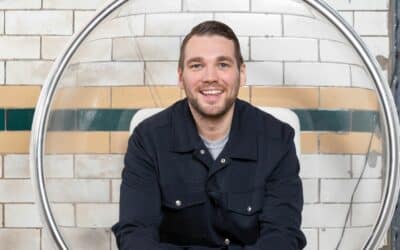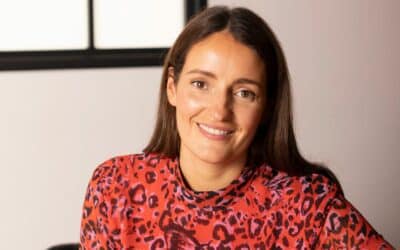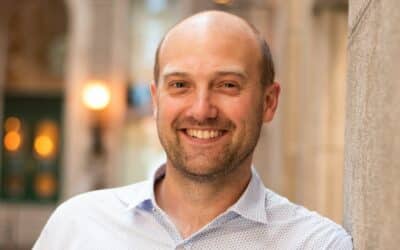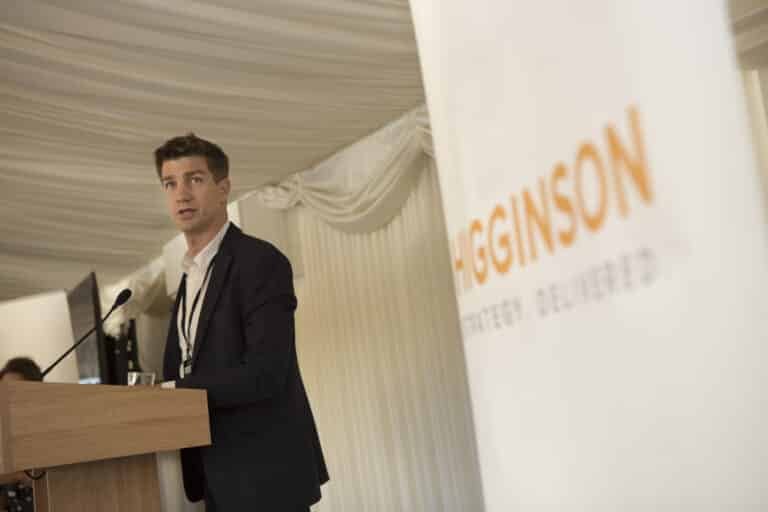Higginson Strategy was founded in 2017 by former political journalists John and Clodagh Higginson.
The agency, which has offices across London and Manchester, has 18 staff and was awarded B-Corp status in 2022.
Having built a reputation for fighting plastic pollution and for women’s rights, Higginson has a client base made up of charities, NGOs and businesses.
John Higginson shared his career journey, tips and advice.
How did you first get into your industry?
I worked on my student newspaper as music editor at university and then worked my way up through local newspapers, news agencies and national newspapers before moving across into PR a decade ago and working at a couple of agencies before setting up Higginson Strategy six years ago.
What do you love about your job?
I love building a company. Creating something that great people want to join. Creating an atmosphere where people want to work hard and deliver for our clients. I also love seeing the results come in for clients. PR and public affairs is not a science. You can say what you think something will achieve coverage-wise but you can never know for sure as there are so many unknowns. Every day you are fighting to get your client heard in a busy news agenda. That’s what makes is so great when you do score a big hit.
Who – or what – has inspired you in your career?
By the time I was 17 I had decided I wanted to be a journalist after reading Animal Farm and 1984 by George Orwell. I wanted to be able to write complex ideas in an easy to understand and popular way. Orwell started his career as a journalist and so I thought I would try to follow his path – I’m yet to write my first book but I did write a play with my wife Clodagh who is also an inspiration. She’s a much better juggler than me and has a brilliant memory.
What are the biggest challenges about your job?
Growing at the right speed. In an agency where what we are selling is the expertise of people, you cannot grow too fast. Success leads to success but you can get real growing pains when you take on too much work without the staff there to do it. It can cause too much stress on people and lead to burn out. Really trying to work out how much work you will have in three to six months time and then starting the hiring process early is a real skill. It can seem risky if the work is not there already, but it is more risky not to do it.
What skills have been the most crucial to you succeeding in your career so far?
While it is not strictly a skill, I have a high risk tolerance and I think that has been useful in business. I’m sure Clodagh would tell you it makes me more worrying as a parent! I don’t believe in helicopter parenting.
What was your first salary and what could someone getting into the industry expect to earn nowadays?
As a cub reporter on my local paper I earned £12,000 a year. The industry has been so decimated by the internet, cub reporters are not earning that much more – perhaps £15,000. Certainly it is even less once inflation is taken into account.
What education or training would be most useful for someone looking to follow your career path?
A background in journalism is still very sought after in PR and carries a premium with it. Although PR pays better, an early career in journalism really helps with understanding what journalists want and makes people’s writing much easier and better.
What advice would you have for someone looking to follow your path?
Follow your dreams rather than the money in your 20s and 30s. Of course you don’t want to be exploited and need to pay the bills but the difference in pay at the start of your career between a dream job and a well paid job is relatively small. The difference in pay for those with the right experience, attitude and skills in their 40s and 50s is much greater.











